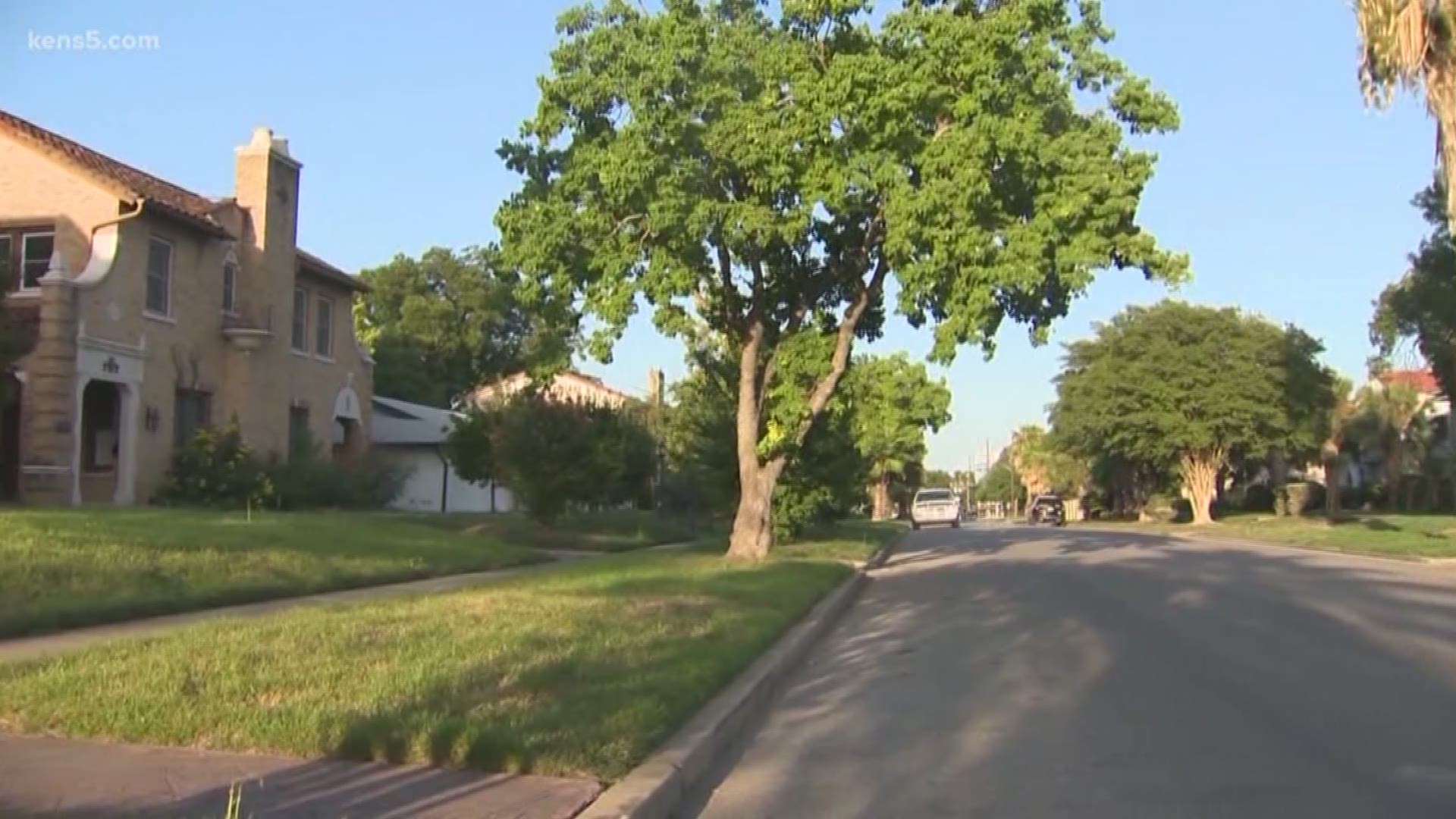The City of San Antonio is opening the door of a new ordinance that would impact thousands who rent out their space to guests.
Ben Hirt and RJ Sontag rent out their little casita through Airbnb. "This is a tourist town," Hirt said. "It is always booked. "It is strange when there aren't people back here, actually. We are 100 percent booked."
Development Services Director Michael Shannon said city staff has been looking in to how to regulate the booming business of short-term rentals for more than a year. They've been studying other cities.
"We want to make sure it is right for San Antonio, if we pass something," he said. "There is no one-size fits all, or one ordinance that everyone is passing, because really every city is unique."
According to the city, in San Antonio, there are about 300 short-term rental properties that are registered with the city. And the owners are paying their fair share of the hotel occupancy tax. But there are way more out there that aren't paying the tax.
"There are estimates of 2,000 out there operating at any given time in San Antonio," Shannon said. "So, there's quite a lot out there that not likely paying the HOT tax."
According to the city, a short-term rental is staying at a place for 30 days or less. Shannon says the main objective for the city is finding the right balance.
"Many people want a strong ordinance, and many people want no ordinance and let the people regulate," he said. "We think there is a middle ground that is appropriate for San Antonio, so that's where we are headed."
Under the proposed plan, if someone wants to rent their space, they would have to register with the city to pay the hotel tax. They would then apply for a permit to operate. More importantly, the owner has to self-certify their place to make sure it is safe.
"We are happy to pay our fair share," Sontag said. "But whatever the tax comes along with, we want the rules just to make sense."
Under this plan, $100 will be required up front, then every three years.
"If you are going to rent out a part of your home, or a part of your property, or your whole property, are we making it safe for your guests to come in?" Shannon asked.
The city will also monitor how many short-term rentals are operating in a neighborhood.
"If they have too many in the neighborhood, like more than 12.5 percent, the number that is proposed right now, only then would they have go to a board of adjustment process," he said.
There is not a set deadline to get something approved. City staff will present its findings to council in the fall. If something were to pass, the rules most likely would go into effect next year.
HomeAway, a vacation rental marketplace, issued the following statement:
HomeAway commends the city of San Antonio on the process it has pursued to craft short term rental regulations. By implementing a dedicated Short Term Rental Task Force, engaging all stakeholders, and providing consistent opportunity for public feedback, they have ensured all parties have the opportunity to participate in this critical conversation. Furthermore, city staff has taken the time to holistically research the policy issue, and conduct studies to better understand the impact of short term rentals on the broader San Antonio community. Ultimately, we are hopeful that this process will result in policy that balances the value vacation rentals bring to the city with the specific needs of San Antonio’s many vibrant neighborhoods. We look forward to continued conversations with policymakers as we work towards a final ordinance that is equitable and effective for all.

